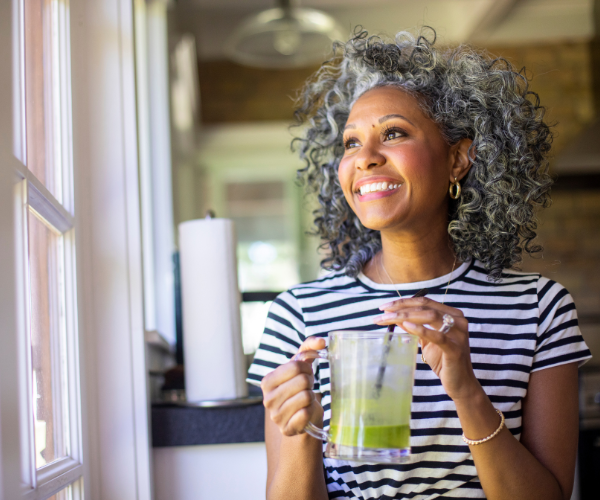Looking after your gut when on antibiotics
Antibiotics are a necessary part of medicine and help treat bacterial infections. However, it is important to understand their effects on the gut microbiome, with more information here.
When you are taking antibiotics there are some things you can do to help your microbiome recover -
- Ensure you are including plenty of fibre in your diet. Sources of fibre including Wholegrain breakfast cereals, wholewheat pasta, wholegrain bread and oats, barley and rye, brown rice, fruit and vegetables, nuts and seed and beans and pulses. You could also consider supplementing your diet with a fibre supplement, like psyllium husk
Did you know that the recommended fibre intake is 30g per day?
-
Increase your intake of probiotic foods including live yogurt, kefir, kimchi, sauerkraut, miso, sourdough, kombucha and tempeh or consider taking a supplement
- Include prebiotic foods in your diet. Sources include asparagus, garlic, chicory, onion, Jerusalem artichoke, wheat, honey, barley, tomato, rye, soybean, peas and beans. Prebiotics act as a food source for our friendly bacteria, helping them grow and thrive in our gut.
Here is an example of a day of eating that reaches the recommended intake of fibre plus includes plenty of probiotic and prebiotic food sources!
Breakfast – bowl of bran flakes with kefir, banana, chopped walnuts and a drizzle of honey
Snack – Apple and peanut butter
Lunch – Baked beans on 2 slices of sourdough bread
Dinner – Jacket potato with the skin on, with tuna and sauerkraut
Dessert – Live yogurt with raspberries and sunflower seeds
For more information about feeding your gut microbiome.
Antibiotic associated diarrhoea
Antibiotic-associated diarrhoea (AAD) refers to passing loose, watery stools three or more times a day after antibiotics and affects 1 in 5 people taking antibiotics. The cause of AAD is thought to be due to an unbalance in the gut microbiome which can lead to the C. difficile infection.
If you are suffering from AAD you might want to consider the following dietary advice to help manage your symptoms -
- Drink plenty of fluids and take small frequent sips of water until it passes
- As soon you’re able to eat, eat small and frequent meals. Your body may find it easier to digest smaller portions rather than 3 large meals
- Eat sources of potassium including sports drinks, potatoes and bananas as well as foods containing sodium including soups, broths, sports drinks crackers and pretzel. Both potassium and sodium can be lost through diarrhoea.
- Foods's high in fibre including raw fruits and vegetables, nuts, whole-grain breads can be irritating to your digestive system.
- Limit foods that can cause gas including chewing gum and carbonated drinks
- Avoid caffeine and alcohol that can aggravate your digestive system
Research also suggests that taking a friendly bacteria supplement during an antibiotic cause can also help reduce the risk of developing AAD when taking an antibiotic.
If you’d like to find out more about friendly bacteria and antibiotics, why not book a free 1:1 consultation with our nutrition team? We can also recommend diet and lifestyle changes that can make a big difference. To book your consultation, click here.



